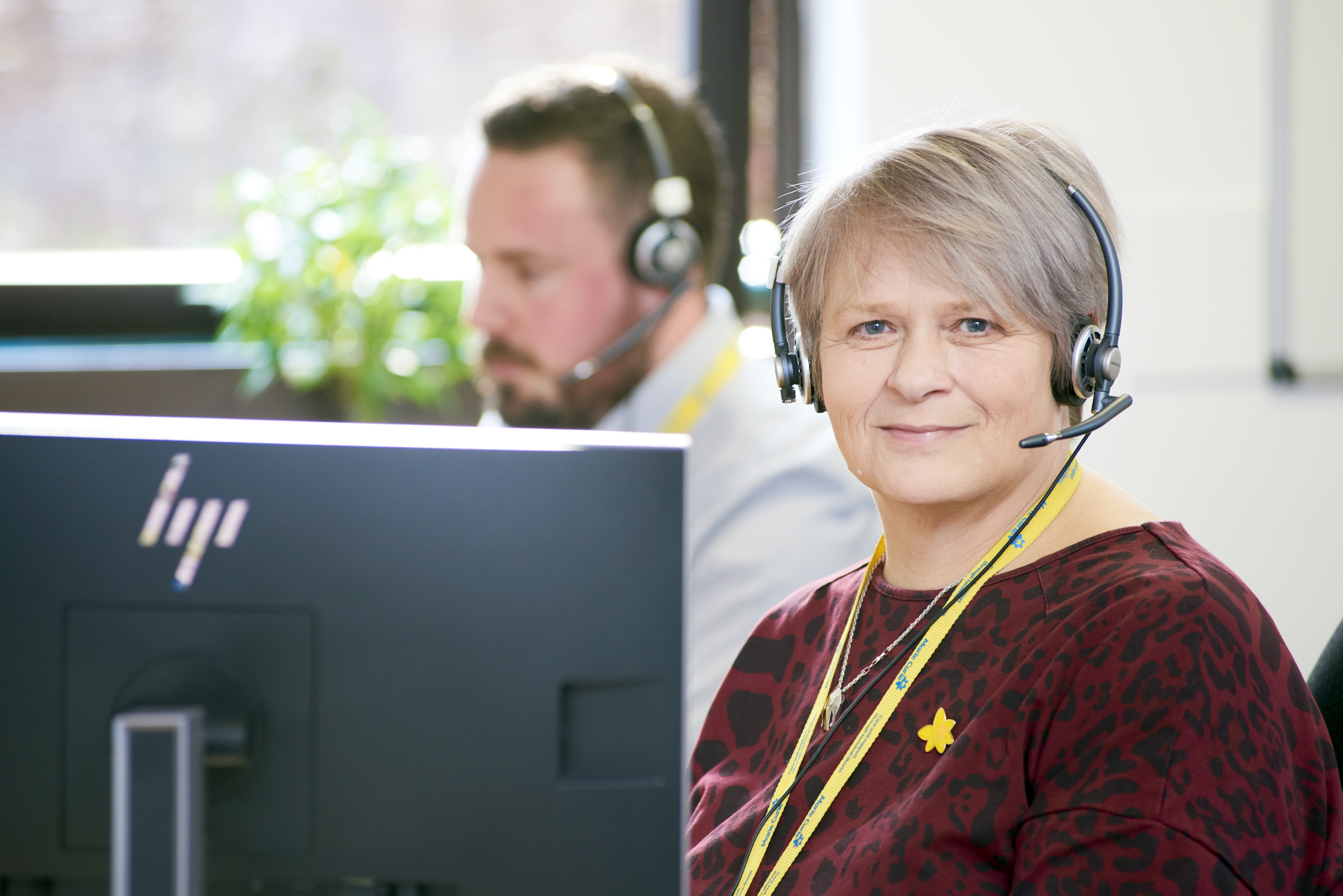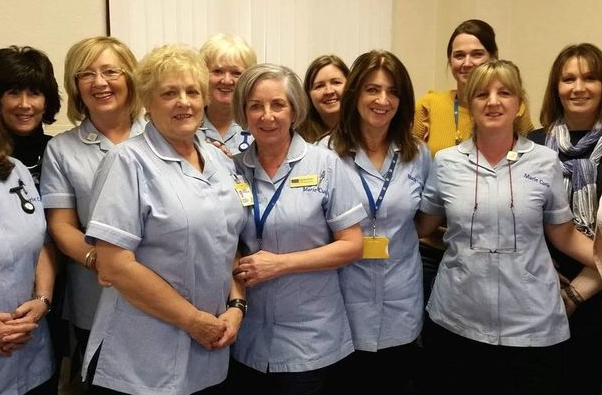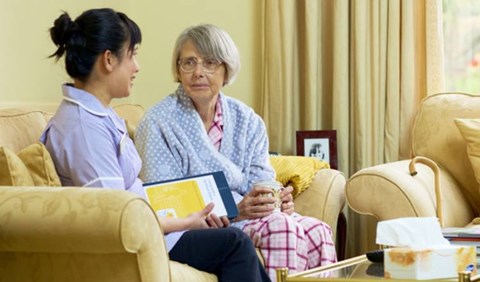lkl20
1 year ago
Hi Laura,
I am neurodiverse (autistic) and in my 20s. I lost my grandfather in February this year from pancreatic cancer.
He was diagnosed in summer 2024, after his cancer was discovered following hospitalisation for acute symptoms. Unfortunately it was terminal and 7 months after he first became ill, he spent the last 3 days in a Marie Curie hospice.
In terms of telephone support line related support specifically, being neurodiverse means that I can struggle more than others with finding the words to express how I'm feeling, and closed (yes or no) questions help to get me talking.
I think that knowing what to expect and having that explained early on in a call is helpful e.g. the person I'm talking to saying generally what kinds of things the call space is used for (what people talk about) what the call-taker is there or not there for (what they do vs what they might signpost me to alternatives).
I think its important for volunteers to understand some of the misconceptions around neurodivergence (will refer to as ND to save typing out a long word). ND people will still experience the same emotions as everyone else, though in some cases may show it differently, or find it hard to show at all. ND people can be any gender, but ND men have historically been more visible and understood.
There are so many different conditions under the ND banner, and different ways the same condition will affect people, so unhelpfully there isn't a one approach which will fit all - which I imagine to be the same for non-ND people. I would definitely suggest talking about it more specifically than just neurodivergence within training, even if it just listing different neurodivergences, and similarities and differences between them
Being open to learning from the person, and not being afraid to ask relevant questions about their ND, to help adapt their approach to the call goes a long way. I have never expected someone on the other end of a helpline number to be a professional at accommodating my ND, but listening and adapting goes a long way.
Anxiety and ND can go hand-in-hand, both as a trait of conditions, and as an impact of living in a society which misinterprets and fails to understand ND people. The baseline level of anxiety some ND people experience heightens during stressful times, such as a bereavement. Struggling with change is also common, and a lot of changes come along with the death of a loved one, so that might be something that ND people are more affected by than others.
I hope this helps, I've been involved in different campaigns, and worked as an Expert by Experience, so if having people with lived experience involved in delivering training isn't something you've looked at, I would definitely recommend it - and if its something I could potentially help with let me know.
There is definitely a research gap in terms of neurodivergence and grief, but putting out questions like this, and starting conversations and training for people who might come across it is a great place to start.









